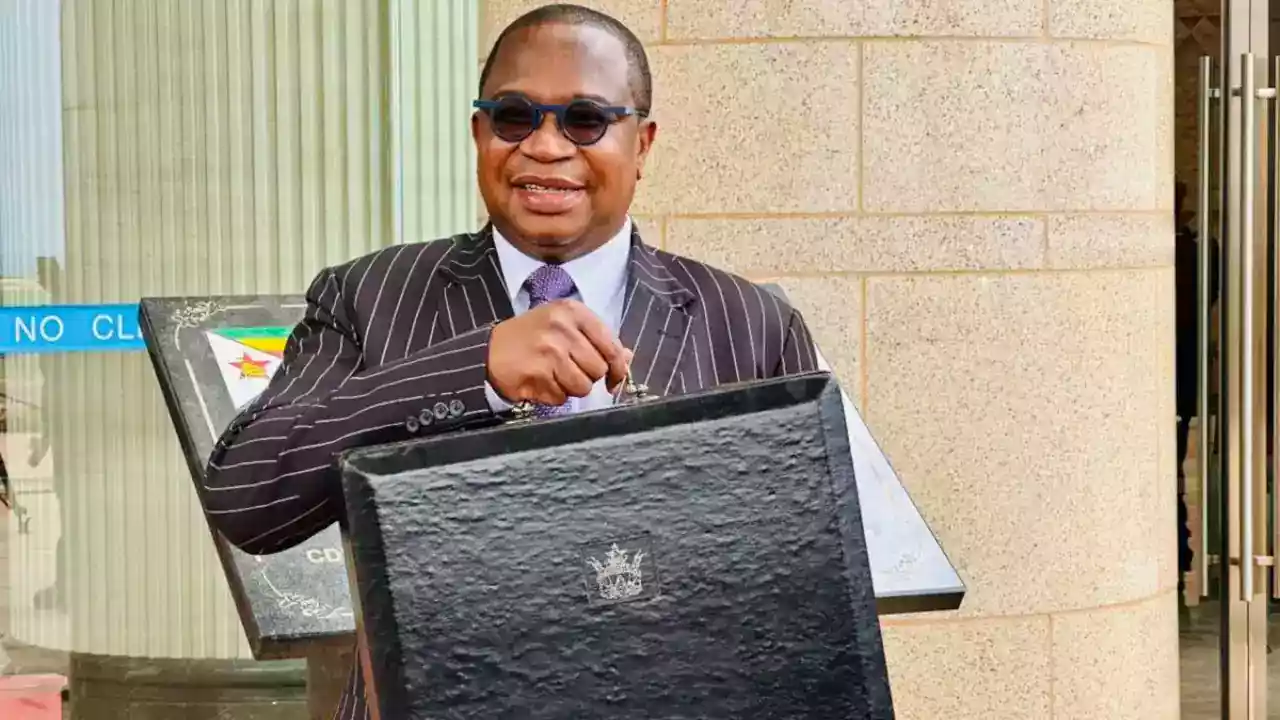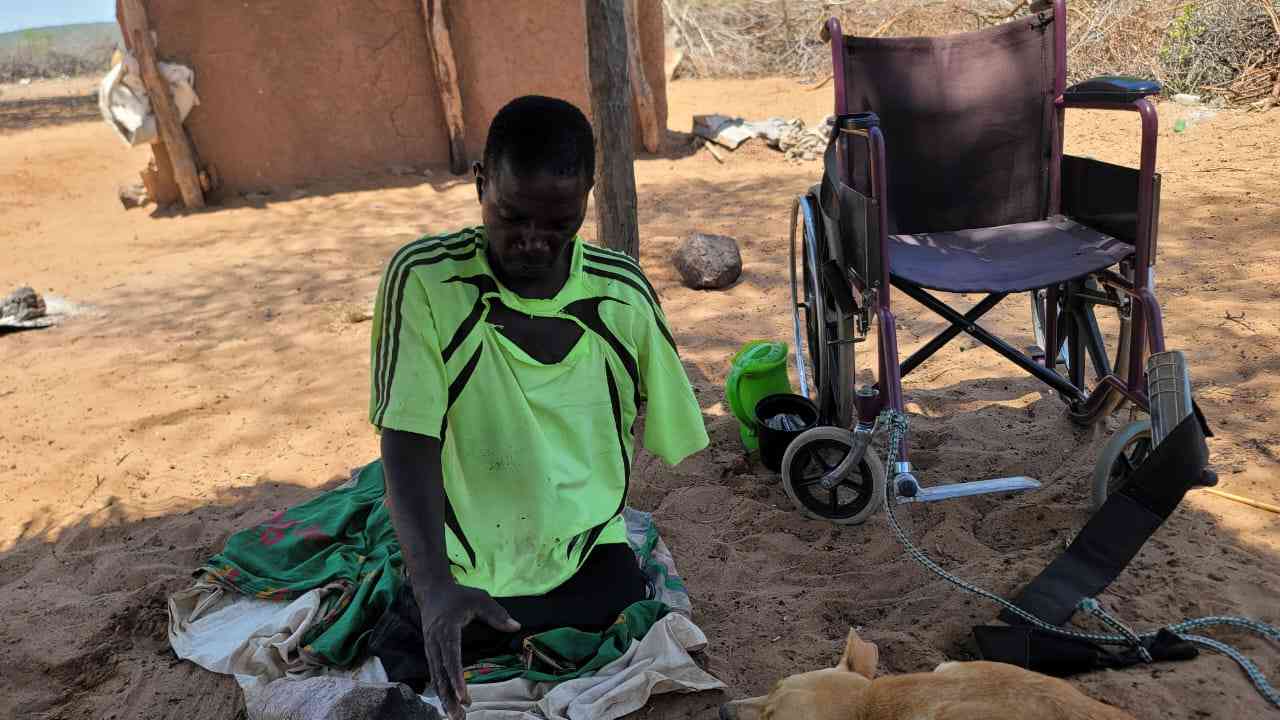
ALL eyes will be on Finance, Economic Development and Investment Promotion minister Mthuli Ncube today as he presents the 2025 national budget in Parliament, with various stakeholders expressing hope that it will address the economic challenges facing the country, particularly in light of the heavy devaluation of the ZiG.
Zimbabwe introduced the ZiG in April this year pegged at ZiG13,50 to the United States dollar, replacing the Zimdollar that had been battered by inflation.
The ZiG, one of the many experiments aimed at reintroducing a local currency, has been on a free-fall with traders and retailers rejecting it.
In September, the Reserve Bank of Zimbabwe devalued the ZiG to US$1:ZiG24,39 from the prior day’s exchange rate of 1: 13,99.
Since then, the local currency has remained volatile, having depreciated further to US$1:ZiG25,28, although it has slightly appreciated in the past two weeks.
However, some service providers are demanding to be paid for their products exclusively in US dollars to hedge against potential losses.
Economists have also argued that there are no policies that enhance the domestic market, resulting in the ongoing clash between the local currency and the US dollar, prompting the crafting of a budget that strives to lock in value and protect the economy.
In an interview yesterday, Confederation of Zimbabwe Retailers Association president Denford Mutashu said Ncube’s budget should focus on addressing challenges local retailers and manufacturers are facing.
- Awards target married couples
- Awards target married couples
- Rampaging inflation hits Old Mutual . . . giant slips to $9 billion loss after tax
- Monetary measures spur exchange rate stability: RBZ
Keep Reading
“The budget should reduce import duties on high-duty products like clothing, shoes and washing powders, (as high duties) promote smuggling and deprive the fiscus of much-needed revenue,” Mutashu said.
“A reduction of duty to around 0% and VAT [value-added tax] would significantly level the playing field and curb smuggling and this will also be a revenue measure as a lot of money spent on smuggling will now be paid to the fiscus.
“The requirements for permits and licences raise the cost of doing business for formal businesses.”
Vendors Initiative for Social and Economic Transformation executive director Samuel Wadzai said the minister’s budget should be guided by the fact that most of the economic projects were being driven by the informal sector.
“As the informal sector, we expect the budget to cover all the areas that support the development of formalisation strategies in Zimbabwe,” Wadzai said.
“Over the last two years, the government has been working on a development strategy document to kickstart the formalisation process, but this has stalled because there is no money to support this and also for issues to do with infrastructure we need money to have markets that are modern to support vendors.”
Community Working Group on Health executive director Itai Rusike said the budget should commit to the Abuja Declaration target on health.
“Government must commit to allocating and spending at least 15% of the total budget towards the health sector in line with the Abuja Declaration target,” Rusike said
“The health budget remains grossly inadequate to fund the critical needs in the health sector.
“The current health financing model also remains unsustainable as it heavily relies on external financing as well as out-of-pocket financing.”
Zimbabwe Confederation of Public Sector Trade Unions secretary-general David Dzatsunga said the government should have the will to make sure that civil servants are decently remunerated.
“The budget must walk the talk and make sure that civil servants are well looked after,” Dzatsunga said.
Legal think-tank Veritas this week said Treasury should be seen to be fighting poverty through national budgets that reflect the political will to do so.
“To borrow from South Africa’s former president Nelson Mandela’s famous speech on poverty, he said: ‘Like slavery and apartheid, poverty is not natural.
“It is man-made and it can be removed by actions of human beings. National budgets must reflect our commitment to ending poverty and inequality’,” Veritas said.
“The 2025 budget allocations and disbursements should reflect Mandela’s thoughts and Treasury should be seen to be fighting poverty through national budgets reflecting the government’s commitment to ending poverty and inequality.
“This is the duty of and expectations that the public have of Treasury when it tables the 2025 national budget.”
Meanwhile, in a Twitter space discussion hosted by NewsDay titled Budgeting in Desperate Times: How Best Can Mthuli Ncube Navigate the Ambulances to Save Lives?, development economist at the African Centre for Economic Development, Chenayi Mutambasere, argued that the ZiG’s recent instability has exacerbated economic challenges in the country.
“Our budget, like many developing countries, is in an era of challenges caused by local and international factors,” Mutambasere said.
“When we assess the budget, we need to find the link to align and address social protection, allocation needs to focus on resilience, our tax base is limited and the environment is not ripe for new investors.”
Jephias Makiwa, principal economist at the Zimbabwe National Chamber of Commerce, suggested that the budget should strike a delicate balance between generating revenue and implementing tax relief measures.
“There is a need for new regulatory interventions, fiscal discipline and transparency in public management, and redirecting resources to sectors that have high social returns,” Makiwa said
“There is a need to enhance digital literacy and foster a more equitable market and increase skills development.
Another economist Persistence Gwanyanya expressed optimism over the potential for economic growth in 2025.
Gwanyanya projected a 6% growth rate, driven by recovery in the agricultural sector and growth in tourism.
“Growth of 6% is possible, the agricultural sector is expected to recover, and the tourism sector is also expected to grow,” he said
“To resolve the instability in the economy there is a need to strike a balance between growth and stability.
Stephenson Dhlamini, an economist and lecturer, identified mining and agricultural sectors as key drivers of growth.
Dhlamini called for an optimised tax framework and policies that promote a stable economy and job creation in productive sectors.
“The mining and agricultural sectors are key drivers of growth so we need to optimise our tax framework,” he said
“Policy must speak to creating a stable economy; create jobs in sectors that create real production.
“There is a mismatch between revenues and expenditures therefore we expect the budget to reflect a change in priorities and social safety nets.”










